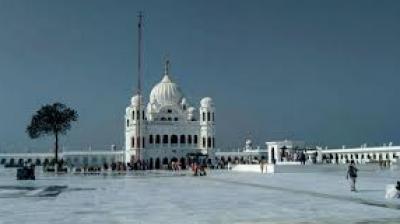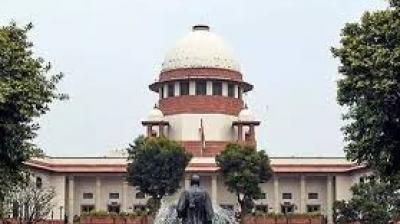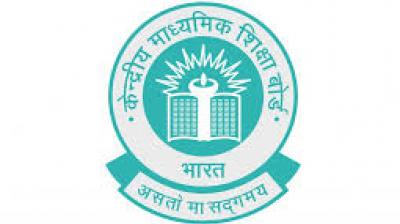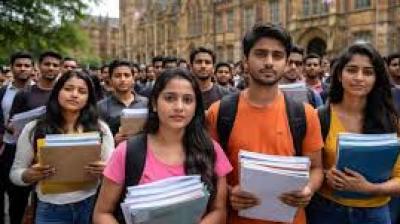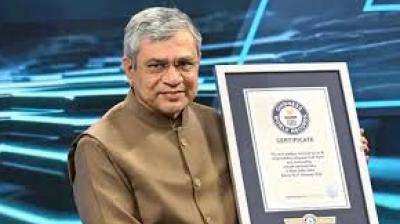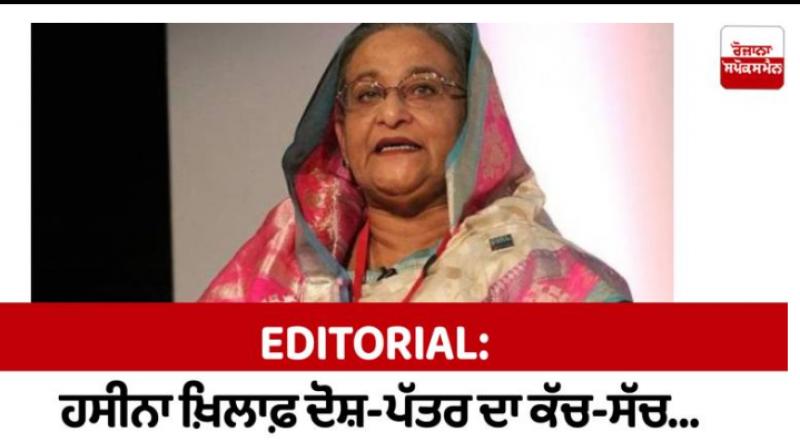
Public anger against Sheikh Hasina is still alive...
Chargesheet Against Hasina Editorial: The International Crimes Tribunal (ICT) established by the interim government of Bangladesh has filed charges against former Prime Minister Sheikh Hasina Wajed and her two associates for crimes against humanity, especially for mass killings or massacres. These charges are related to the sequence of events before Sheikh Hasina’s exile last year, where widespread repression was unleashed on students and other people across the country, especially in the national capital Dhaka. About 200 people are estimated to have died in this sequence, although the chargesheet approved by the Tribunal (for hearing) mentions this number in 'hundreds'.
According to the chargesheet, the massacres, violence, arson, and widespread damage to government and non-government properties were the result of the tricks and conspiracies of Sheikh Hasina and her two associates. The two ‘criminals’ have been named as former Home Minister Asaduzzaman Khan Kamal and former Inspector General of Police (IGP) Chowdhury Abdullah Al-Mamun. The three-member tribunal is being headed by Justice Ghulam Murtaza Mazumdar, who according to the Bangladeshi English newspaper Dhaka Tribune, has been a staunch critic of Sheikh Hasina. The tribunal, after approving the chargesheet for the next hearing, has directed the prosecution (government side) to present all three accused before the court (tribunal) on June 16. Mamun is under custody in Dhaka, whereas Hasina and Kamal are in exile. (Hasina has taken refuge in India and Kamal in Thailand). In such a situation, the kind of trial it will be can be easily imagined.
This trial against Hasina and the other two officials began 10 months after the coup in Bangladesh. The process to initiate it might have been further delayed had questions not started to arise about the policies and intentions of the country’s interim government. The interim government led by Nobel Peace Prize winner Prof. Muhammad Yunus had come into existence with hopes and expectations that it would end the autocratic practices of the Sheikh Hasina government, make the return of peace and order possible, and also quickly begin the process of bringing back democratic governance.
But over the past ten months, this government has failed to curb anarchy across the country. On top of that, the national economy has started to decline rapidly. Along with this, a strong impression is building that Prof. Yunus has developed a fondness for power, due to which instead of thinking about the welfare of the nation, he is taking steps to prolong his own tenure. Although he recently expressed a wish to resign from his position, his critics call such statements mere drama. The massive rallies recently held in Dhaka and other cities by the Bangladesh Nationalist Party (BNP) have had the effect that Prof. Yunus, abandoning the idea of holding national elections in the middle of next year, has now agreed to hold elections by December this year. It is said that the chief of the national army, General Waqar-uz-Zaman, has also played a role in this decision, as he too has become fed up with the interim government’s policies of using the army for policing duties.
In such a situation, the steps like initiating a case against Sheikh Hasina and imposing a ban on her party Awami League are being seen merely as tactics to divert public attention away from the failures of the interim government.
From a legal point of view, Prof. Yunus’ government is unconstitutional, and this fact is now being repeatedly mentioned by BNP leader Begum Khaleda Zia. The constitution of Bangladesh does not have any provision for an ‘interim government,’ nor can the head of the government be called a Chief Executive Officer (CEO). The current arrangement arose from the army’s decision not to impose harsh measures on the public revolt and protestors against Sheikh Hasina. In that situation, instead of a military rule, the establishment of a civilian government was accepted by the people with the hope that this government would fill the governance vacuum and make the return of a clean, democratic government possible through national elections.
But now Prof. Yunus, through an alliance between his supporter students’ party NCP and the Islamist hardliner party Jamaat-e-Islami, is on the path of sowing thorns in the way of traditional political forces. The trial against Sheikh Hasina is also a part of this same strategy. Public anger against Sheikh Hasina is still alive, but even common people know that due to Hasina’s absence, nothing concrete is going to come out of this trial.a



